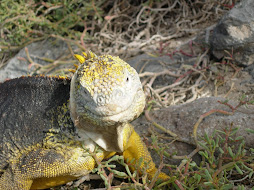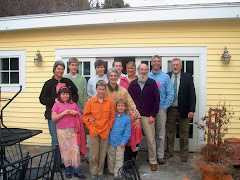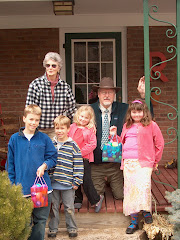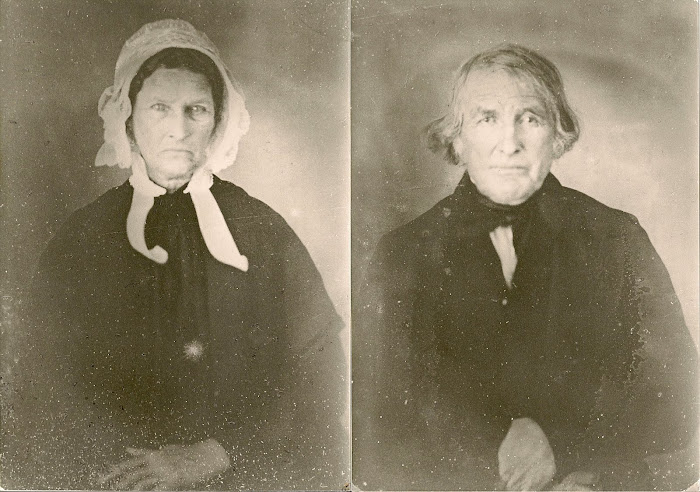In the beginning, before billions of people roamed the earth, the scattering of people who eeked out a living in tiny villages were able to get by with just one name. Because of the remoteness of the population density, this custom--assigning just one name--was free of confusion and problems. But as the population rapidly increased, and more and more people inherited the same names, identities became mistaken, and it became too hard to find the person you were looking for.
In 14th century England, five names, William, Henry, John, Richard, and Robert, became so popular that two-thirds of the male population had one of them. To minimize the name confusions, people started associating other words and phrases with people's names to separate and distinguish them from others with the same name. Where you were born or where you had come from, what you looked like, what your occupation was, what your personality was like, and who your father was, all determined how people--neighbors and travelers--would refer to you and distinguish you from the other Williams, Henrys, Johns, Richards, and Roberts that shared soil with you. This was true in other European countries, too. In Norway and Denmark, if your father was Poul (Paul), and you were named Knut, you might have been called Knut Son of Poul, just to distinguish you from the Knut who was son of Thor, who lived just around the fjord. This is an example of a patronymic type of name, one that is derived from the father, and indicating "son of..." There were place or local names as well, that included habitational, topographic, and geographic references. Perhaps you lived next to a lake. You could be named Domenico Who Lives by the Lake, as opposed to the Domenico who lives by the woods. As well, sur names arose from descriptive nicknames, some of which may have started out as having a negative association and were later changed. For instance, what if you were not considered the nicest person in town? Well, unfortunately you could be named for your unkindness, and become known as John the Savage, perhaps, or the playground bully, William Who Shoves. The last type of name was an occupational name, and was based on what you did for work: Richard the Mason, Michael the Miller, Joseph the Smith.
As time went on, the phrases, which were a real mouthful for a time, became combined into easier, shorter beginnings of true surnames, that would start to be passed down generation to generation and would no longer be changed after 1500 AC. Son of Poul would be shortened to Poulsen, Domenico of Lago Marsino would become Domenico Lagomarsino (and later anglicized as Dominick Lake Marsins), and so on. Other family names such as Shove, our bully ancestors, were recreated as this naming revolution took the place of the phrased "last names."
We had fun dreaming up some combinations for ourselves; Daisy who catches rocks = Daisy Rocks, Elizabeth of the bountiful hair = Elizabeth Bounair, Dominick with the large heart = Dominick Large-Heart, Luke who plays on the links = Luke Links, James the buisness manager = James B-man, and last but not least, Mischief who eats mice = Mischief Mouse.
--L.G.P




1 comment:
I guess I should have left an e-mail addy in the previous post..
bug582020@aol.com
Post a Comment